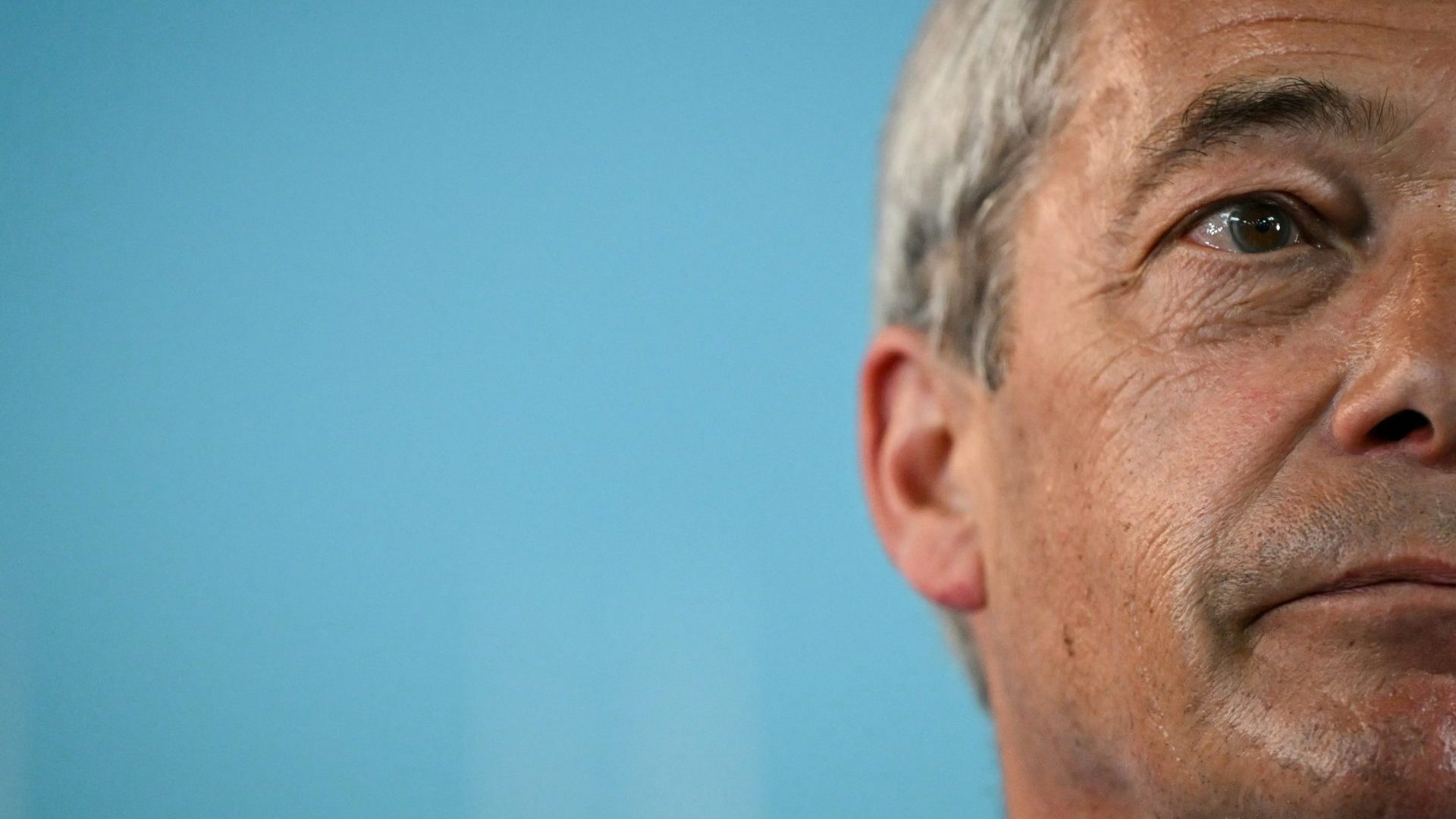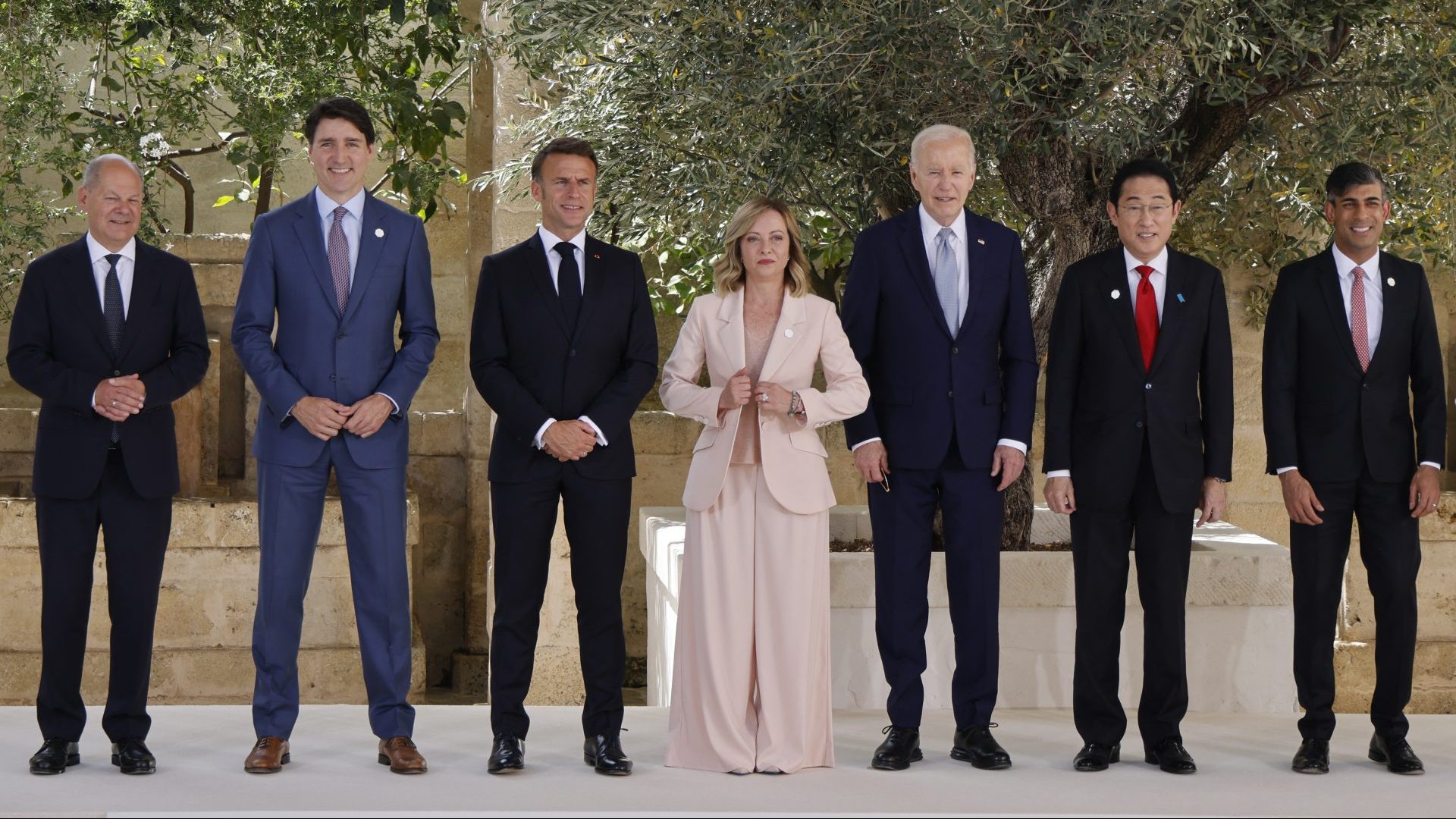The indignity of it! After decades of seeing themselves as the natural – and rightful – party of government, the Conservatives face not just their most ignominious defeat ever to Labour, but the real prospect that they could be reduced to third place. A recent YouGov poll showed them being beaten into third place by the Reform party.
The scale of the wipeout will owe more than a little to the skills of that consummate politician, Nigel Farage, leader of Reform. His appeal to disgruntled Tories will be decisive in determining the scale of their defeat.
He has provided a haven for a faction that has been growing for many years. As early as 2005, Michael Howard, leading the Conservative campaign in the general election, deployed the slogan: “Are you thinking what I’m thinking?” It resonated with those who believed that the concerns of ordinary people like them were being ignored.
Conservatives tend to be resistant to change – the clue is in the name. Whether it be housing developments that spoil their views or the arrival of neighbours from “foreign” countries, they did not like the changes happening in their country – and they are even more unhappy about them now.
When Farage gave voice to what they were feeling, he tapped into a rich vein of support among Tory voters, members and activists. It was enough to get him elected to the European parliament, but his attempts to get into Westminster have, so far, failed.
But Conservative Central Office recognised the threat he posed. In 2014 amid escalating, ultimately correct, rumours that he would stand for the seat of South Thanet, it commissioned a poll in the constituency. It showed that he had a stranglehold on about a third of those who had voted Tory in the 2010 election.
I should acknowledge my interest in his candidacy. Farage had declared that, should he lose the contest, he would give up politics; so I helped to raise money to fund the Tory campaign against him. It succeeded in keeping him out of Westminster, but I should have realised that he enjoyed politics and the limelight far too much to retire.
There were two predominant groups of supporters, privately dubbed “Bungalow Tories” and “White Van Man”. The former, often retirees, were disappointed with what life was delivering. The latter were often tradespeople who found that their earnings were being hit by the influx of skilled Eastern European rivals.
This core support for Farage was bolstered by Tory Party members and activists who did not warm to what they perceived as David Cameron’s modernising agenda, embodied by his embrace of gay marriage, and they had never really warmed to the UK’s membership of the EU. There were some working-class Labour voters who shared some of the discontent and were prepared to back Farage and the UK Independence Party he then led.
If these voters had had their way, Farage would have become MP for South Thanet in 2015. Instead, they were thwarted by around 3,000 middle-class Labour and Liberal Democrat supporters who held their noses and cast a tactical vote for the Tories.
That gambit will not be repeated this year, when any tactical voting will be aimed squarely at defeating the Tories. That result will in part be delivered by support for Reform, which now comes from broadly the same groups that were identified in South Thanet but whose membership has grown alongside discontent – the national YouGov poll showed the Conservatives on 18% and Reform on 19%.
Boris Johnson succeeded in getting many of those voters to support him by espousing some of Farage’s causes.
But those votes were only on loan to the Tories. Their owners seemed prepared to put up with him being a charlatan, but his partying during Covid was a breach of trust too far. Besides, the reasons for discontent were even more pressing than they had been before Johnson moved into No 10.
With an overdose of incompetence, Rishi Sunak has driven right wing Tories back to Farage. If he tried to employ the dog whistle “Are you thinking what I’m thinking?”, the responses would verge on the unprintable. They are fed up and angry.
Farage feeds that anger. It could help reduce the Tory Party to rubble.




